It's Okay Not To Feel As Motivated In Winter
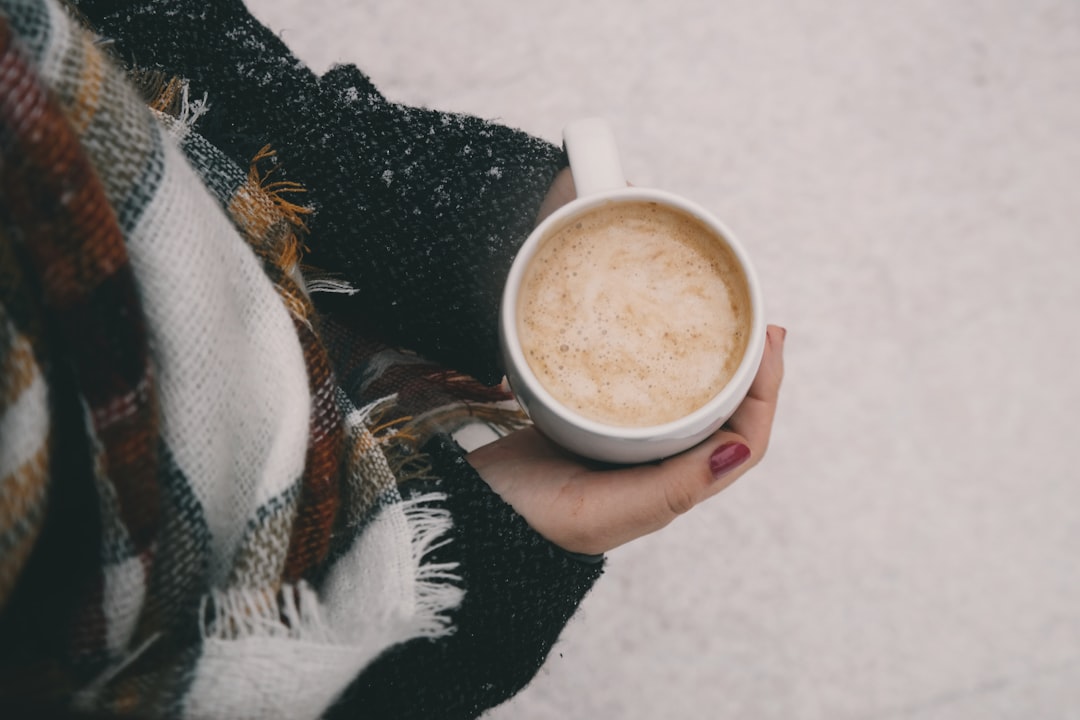
Photo by Brigitte Tohm on Unsplash
Winter is a time when much of nature’s community hibernates. Bears retreat into their dens after filling their bellies all summer long while frogs and other reptiles can actually freeze themselves time-warp style until spring.
Wouldn’t that be nice?
Unfortunately, for those humans who aren’t crazy enough to love winter, real life continues. Albeit the short, gray daylight hours and the long dark nights, the bitter cold that hurts your face as you emerge from your house, human life goes on and if you live in a cold weather climate like I do, you’ve got to find a way not only to move on with it, but to thrive and adapt.
Our bodies produce hormones that tell us to sleep more when it’s dark.
It’s tough, though. When the daylight hours are short, our brains actually react differently. Melatonin, a hormone that helps you sleep, is produced more when it’s dark outside. Biologically, the issue actually comes with the length of days instead of the severity of the climate outside.
Here in Minnesota, on the shortest day of the year it is dark from about 4:30pm in the afternoon to just before 8am the next morning. Most nights, I’m not leaving my office until either 6pm or 8pm, meaning my brain likely began producing melatonin about mid-way through my workday.
Often, we can even get a “second wave” if we don’t zonk out at 5pm due to that initial burst of melatonin wearing off, meaning some people are actually prone to staying up later on those long winter nights. When your alarm goes off in the dark the next morning, it’s actually biologically harder to get yourself out of bed.
Our early ancestors may have hibernated.
Archeologists suggest that some of our early ancestors may have survived harsh winters by hibernating like our mammalian brothers and sisters.
This discovery was made at an archeological site in northern Spain called Sima de los Huesos. The scientists argue that lesions and other damage found on fossilized bones suggest that these ancestors of ours may have coped with long winter months through slowing down their metabolisms and retreating into shelter to slumber away winter. The bone damage suggests that bone growth was disrupted for parts of the year. The damage is consistent with fossilized bones of other mammals that do hibernate, such as bears.
Although it’s not believed that every ancestral tribe of ours practiced hibernation, it does present an interesting evolutionary argument as to why winters may make you want to crawl back into bed and sleep like a bear.
Winters may make us feel SAD
In more extreme cases, albeit not terribly uncommon, you may feel more sad during the cold, winter months. When I say “sad,” that’s actually an acronym: Seasonal Affective Disorder. It is a seasonally-related form of depression that generally starts in the fall and continues through the winter months. Less often, some people will get it from spring into early summer.
According to the Mayo Clinic, symptoms of SAD are very similar to depression: low energy, problems sleeping, losing interest in things that once excited you, feelings of sluggishness, unworthiness, or guilt. Symptoms more related to winter SAD specifically are oversleeping, weight gain, low energy, or appetite changes specifically more craving for foods high in carbohydrates.
SAD affects as much as 3% of the population, and that number is higher among those with a major depressive disorder or bipolar disorder. For many people, they don’t get SAD all winter long, or don’t necessarily get it every single year.
If you may have SAD, it’s still important to seek help from a professional. It’s normal to have days where you just don’t feel your best, but if symptoms continue or begin impeding on your relationships or work, seeking help from a mental health professional is essential.
Ways to Help Conquer those Winter Blues
It’s okay not to feel as motivated as you do in the summertime. Sometimes, we need to just honor our bodies and their relationship to the natural world around us. Personally, I do less in the winters. I commit to cross-country skiing once a week for exercise and if I do social activities, it’s usually during the day or starts earlier in the afternoon while it’s still light out. In the evenings, I retreat home to hearty soups, chilis, a book by the fireplace, or to watch a movie with my husband and dog. My line of work also tends to get busier in the winter months, so I need to preserve as much energy as I can for my clients.
There are ways you can help yourself feel better during winter, from overcoming that supposedly evolutionary desire to hibernate to ensuring your body gets the nutrients it needs to keep yourself healthy.
Watch your sleep.
According to the American Academy of Sleep Medicine, do these things to help yourself sleep better in the winter:
- Increase exposure to light
- Increase or maintain physical activity
- Use a humidifier or nasal rinse to keep your airway passages from drying out
- Make sure that your bedroom is not too warm or too cold
Get Vitamin D.
Vitamin D is what your body synthesizes when it’s exposed to pinking levels of sunlight. Generally during winter months, if you live in a colder climate in which skin exposure can be dangerous, you may be at risk of a vitamin D deficiency.
Vitamin D deficiency has been linked to greater risk of seasonal affective disorder, migraines, chronic pain, and in more extreme cases, asthma, cancer, and heart disease.
If you live in a colder climate, it’s important to supplement vitamin D in the winter months. It’s thought that about 42% of the US population has vitamin D deficiency, and that number rises to 82% among black Americans and 70% among the Hispanic population. Of course, this also depends on if you have access to sunlight year around. Those of us in northern states are at a higher risk of a deficiency.
How much you should take really depends on many factors and it’s important to discuss this with your doctor, however the US Institute of Medicine recommends that most adults will suffice with about 400-800 IU per day.
Light Therapy
Light therapy is when you sit near a device called a “light therapy box,” which mimics outdoor light and can affect serotonin and melatonin production in your body.
If you suffer from SAD, it may be worth talking to your doctor about light therapy. Some clinical trials have suggested that light therapy may be more effective in treating symptoms of winter depression than anti-depressant drugs.
Be Kind To Yourself.
It’s easy to be hard on yourself when your body and mind aren’t cooperating the way you want them to. Fighting back biology in the winter months is even more difficult; you’re literally fighting nature and your body’s natural processes. While it’s important to counteract some of the more negative effects of winter, such as vitamin D supplementation, don’t beat yourself up because you don’t have the ample energy levels that you normally do in July.
Be kind to yourself. Drink a hearty soup and rest by the fireplace. Brutal winter months aside, there’s also a pandemic raging outside, as if you need a reminder. Take care of your health and wellbeing, love yourself a little more, and if winter is really not your thing, just remember that spring will be here before you know it.



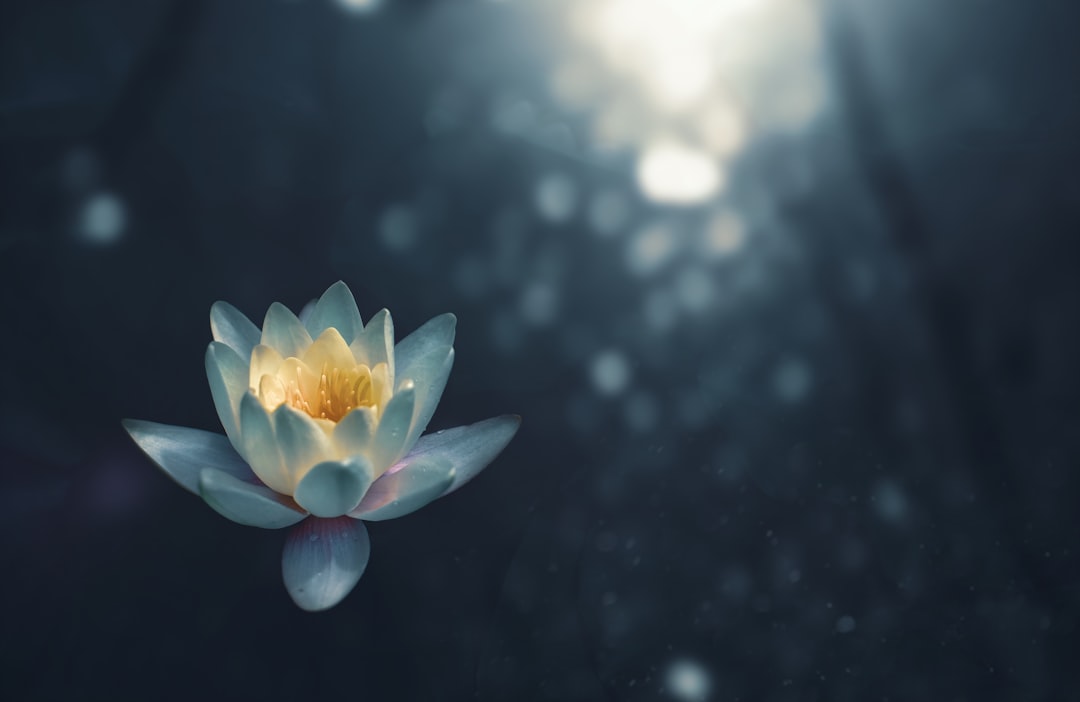

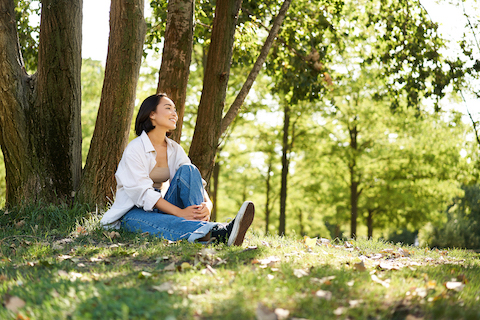


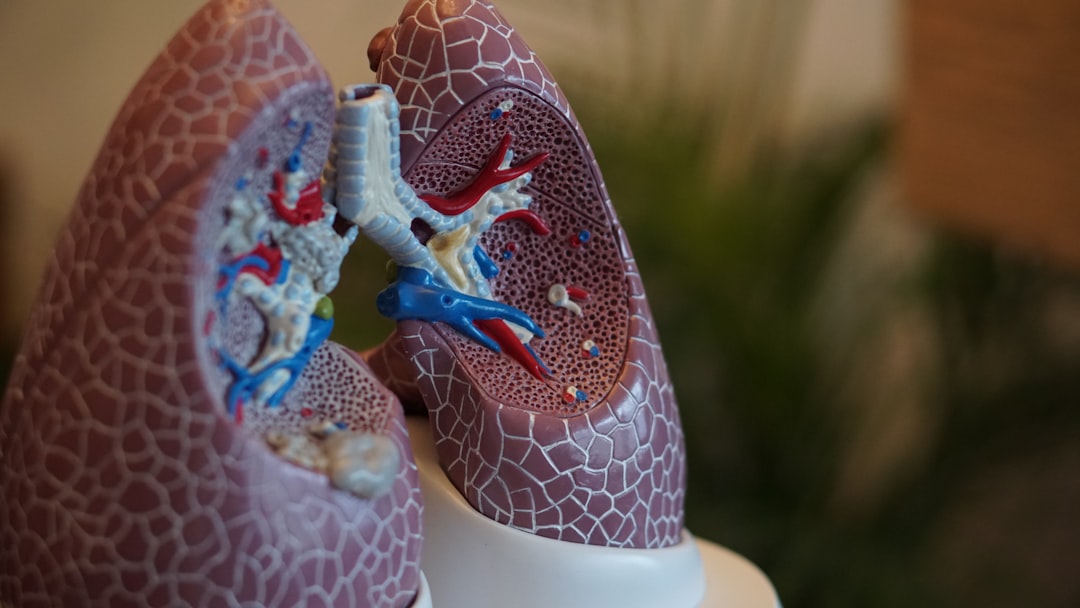
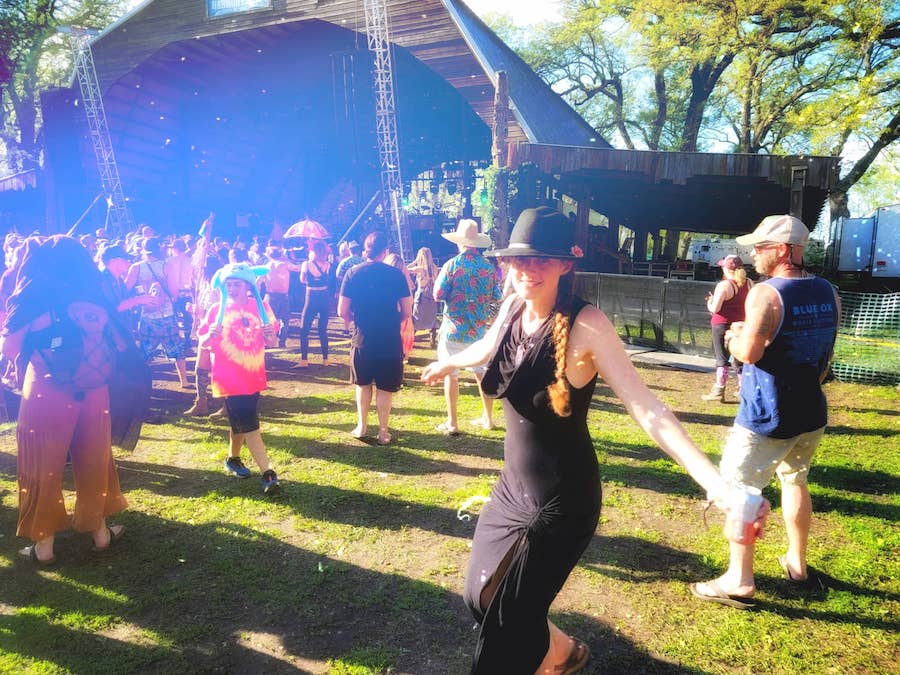


If you enjoyed this article or recipe, please consider giving it a comment! It helps others discover my blog and recipes, and your comments always make my day :) Thank you for your support!
Your email address will not be published. Required fields are marked *